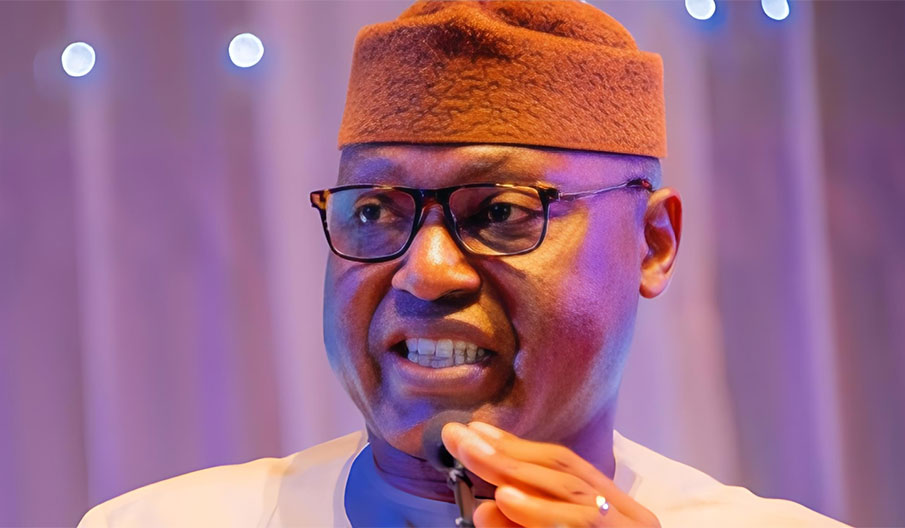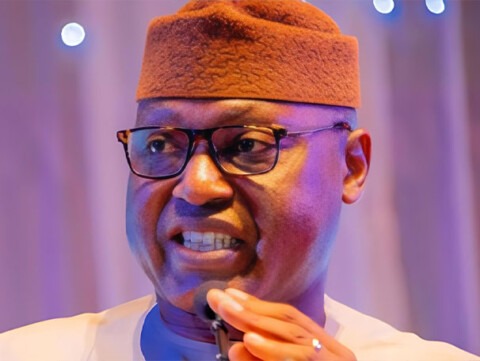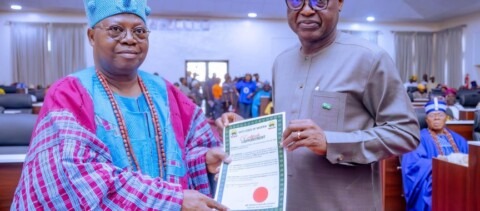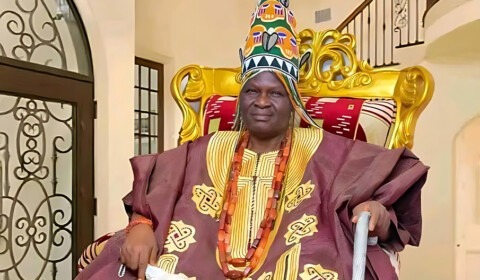A political support group in Ekiti State, The Progress Mandate, has come out strongly against recent remarks made by a governorship aspirant, Mr. Emmanuel Fayose, describing his criticism of the widespread endorsements received by Governor Biodun Oyebanji for a second term in office as “uninformed, intellectually dishonest, and politically immature.”
The group, reacting to Fayose’s comments during his weekend tour of Ado Ekiti and Irepodun/Ifelodun Local Government Areas, accused him of deliberately misrepresenting facts in a bid to discredit the growing public acceptance of Governor Oyebanji’s administration.
During the said tour, Fayose had dismissed the governor’s recent wave of endorsements from several groups as a “self-endorsement jamboree,” while also alleging that the governor was using state funds—particularly the monthly federal allocation—to finance political campaigns and curry public favour through “stage-managed endorsements.”
However, in a strongly worded statement signed by the Director-General of The Progress Mandate, Mr. ‘Yomi Oso, the group condemned the statements credited to Fayose, describing them as “reckless, misleading, and bereft of an understanding of how governance, public finance, and civic engagement function in a democracy.”
Oso stated: “Governance is not an inherited talent, nor is it passed on through surnames or family legacies. It is a skill acquired through experience, strategic insight, and an in-depth understanding of developmental economics and public administration. That Mr. Emmanuel Fayose shares a last name with a former governor does not bestow upon him the competence required to govern a dynamic state like Ekiti.”
He noted that Fayose’s remarks not only exposed his “shallow comprehension of statecraft” but also insulted the collective will of the numerous groups that have voluntarily expressed support for Governor Oyebanji’s administration.
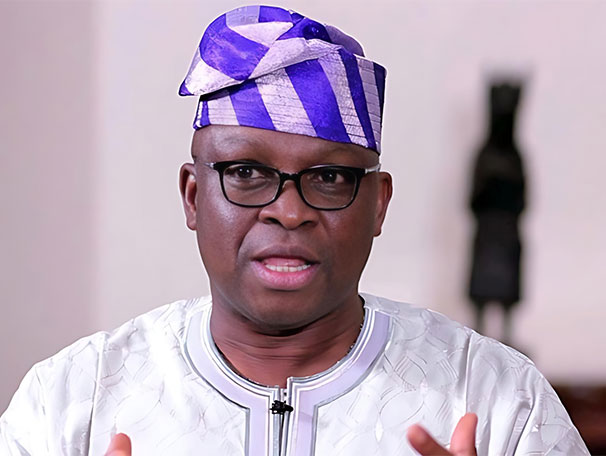
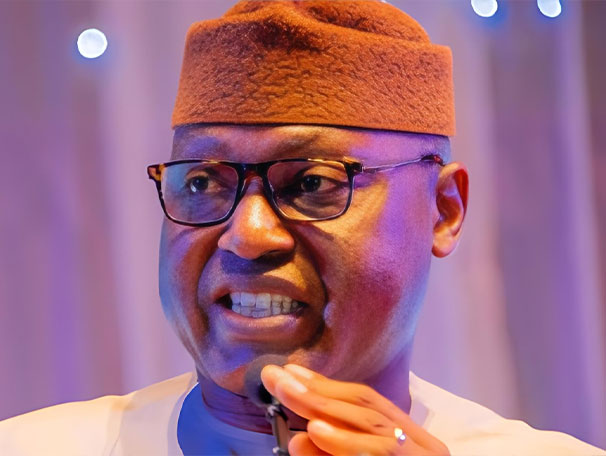
“The endorsements received by Governor Oyebanji are not the result of coercion or political manipulation. They are organic expressions of trust from a wide cross-section of Ekiti society — traditional rulers, youth groups, trade associations, civil servants, market women, labour unions, and religious leaders. To refer to these as ‘jamborees’ is to insult the intelligence and agency of the Ekiti people,” Oso said.
He continued: “Performance, not pageantry, defines true leadership. Under Governor Oyebanji’s administration, we have seen a new model of governance that is people-centric, measurable, and sustainable. Roads have been constructed across rural and urban areas; schools and hospitals are being rehabilitated and equipped; electricity has been restored to long-neglected communities; the state’s digital infrastructure is being modernised for better civil service delivery.”
Responding to Fayose’s claims on federal allocation being allegedly diverted to political campaigns, Oso described such statements as “an outright falsehood” rooted in ignorance.
“Federal allocations are not free cash to be spent indiscriminately. These are statutory disbursements tied to the national fiscal responsibility framework and channelled through legally sanctioned budgets. Every kobo spent is subject to due process — procurement laws, budget implementation guidelines, and periodic audits. Mr. Fayose’s reference to allocation ‘waste’ reveals his unfamiliarity with how modern state finance is managed.”
He added that unlike previous eras characterized by political grandstanding and “governance by public drama,” Governor Oyebanji’s style has been one of quiet efficiency and measurable progress.
“This administration is not in a contest of applause or showmanship. It is focused on delivering real results. Ekiti is now being governed with calm intentionality, where decisions are made based on data, community needs, and future-proofing strategies. Governance has moved beyond slogans and selfies,” Oso remarked.
The group warned Mr. Fayose against what it called “habitual trivialisation of governance,” advising him to ground his political interventions in knowledge, experience, and substance rather than resorting to populist rhetoric.
“There is a difference between political tantrums and meaningful opposition. Democracy requires criticism, yes, but it must be constructive and fact-based. Anyone aspiring to lead must first understand what it means to govern. Public pronouncements should be informed by research, not fueled by personal ambition or name recognition,” the statement read.
As the 2026 governorship election draws closer, the political atmosphere in Ekiti is expected to become increasingly charged, with aspirants positioning themselves for the contest ahead. However, observers say that such engagement must be based on policies, governance records, and ideas — not personal attacks and misinformation.
Governor Biodun Oyebanji, who assumed office in 2022, has so far received endorsements from key traditional institutions, labour organisations, civil society bodies, and youth groups, many of whom have publicly praised his developmental strides and inclusive leadership.
Whether these endorsements translate into electoral advantage remains to be seen, but one thing is certain — the political contest in Ekiti is gradually heating up, and the 2026 election promises to be a defining moment in the state’s democratic journey.
J.T Akinlolu


